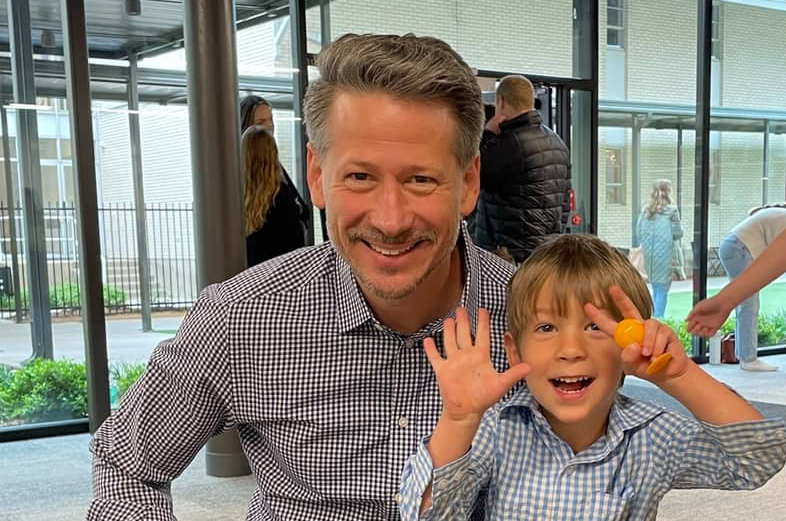The Cycling Shorts
When I was a kid, my dad loved cycling. He’d suit up in those tight cycling shorts, and one day, he wanted me to wear them too. I didn’t want to—I mean, I was a kid, and those shorts felt embarrassing—but I didn’t know how to say no. So, I put them on and went along with it, hoping we didn’t bike past anyone I knew. Looking back, it wasn’t just about the shorts. It was about this deeper struggle I didn’t even have words for yet: the tension between wanting to please someone I loved and not really knowing how to stand up for what I wanted. It was one of many times I felt the pull of my dad’s expectations versus my own preferences.
The Jean Jacket
Fast forward a few years, and I found myself wanting to dress like the other guys at school. There was this one friend of mine who had the coolest jean jacket. He wore it with this effortless confidence, and I thought, “If I could just get a jacket like that, maybe I’d feel like I belonged.” So, I begged my parents for one, and when I finally got it, I wore it everywhere. But here’s the thing: even with that jacket, I still felt like I wasn’t enough. I remember looking in the mirror, hoping to see someone who fit in, but instead, I just saw a kid trying too hard. That jacket didn’t give me the confidence I thought it would—it just reminded me how far I felt from being truly accepted. I was chasing this idea of belonging, but it always felt just out of reach.
My Son’s Request
A few months ago, my son came up to me with this big grin on his face and said, “Dad, can we wear matching clothes today?” He wasn’t asking me to conform or to be someone I’m not. He wasn’t trying to prove anything. He just wanted to connect. He wanted to say, “You’re like me. I’m like you.” And that hit me, because it wasn’t about approval or fitting in—it was about love. It was about belonging, not through conformity, but through authenticity. I was happy to oblige.
Belonging doesn’t come from changing ourselves to fit in. It comes from embracing who we are and inviting others into that space. Whether it’s with your family, your friends, or men you admire, the most powerful thing you can say is, “You’re like me. I’m like you.” Because when you show up authentically, you give others permission to do the same.
Now, let me ask you: Where in your life are you still trying to fit into someone else’s expectations? What’s one way you can show up more authentically this week? And who in your life could you invite into a deeper connection—not by changing yourself, but by being fully you?

